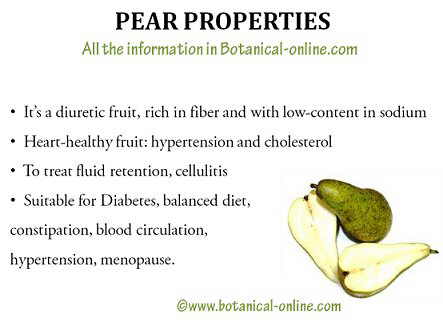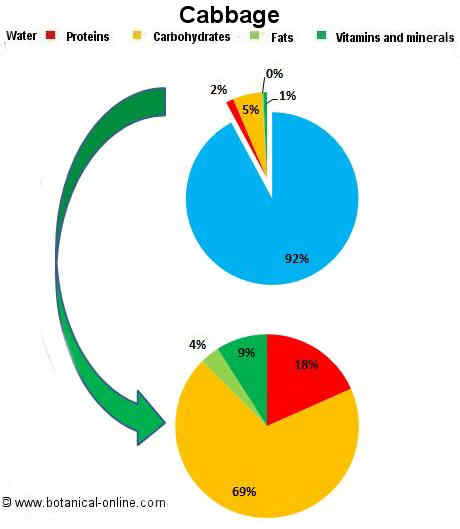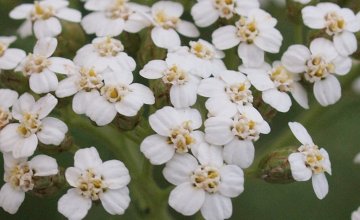Contents
- 1 Effectiveness of the properties of turmeric and how to take it
- 1.1 Amount and recommended dosage of turmeric: Is it effective?
- 1.2 How to take turmeric?
- 1.3 What is turmeric and what is it used for?
- 1.4 Properties of turmeric
- 1.5 Turmeric efficacy
- 1.6 Are the properties of turmeric really true?
- 1.7 Turmeric to treat diseases
- 1.8 How to take turmeric supplements
- 1.9 Buy a good supplement
- 1.10 What dosage do I need for turmeric to be effective?
- 1.11 Cook regularly with turmeric
- 1.12 Maximum recommended dose in capsules
- 1.13 Is turmeric powder the same as in tablets?
- 1.14 How long can the supplement be taken?
Effectiveness of the properties of turmeric and how to take it
Amount and recommended dosage of turmeric: Is it effective?
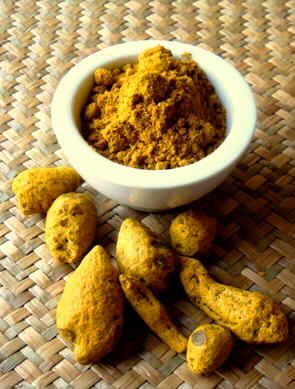
Our reader has probably heard from various sources about the incredible properties of turmeric and its possible medicinal applications. Once convinced, it is necessary to learn to take this plant properly to make it effective.
How to take turmeric?
Broadly, the most important thing to take turmeric is:
If it is for a therapeutic or curative effect, supplementation doses are needed. At least 250 mg of curcuminoids (active ingredient) supplements per daily dose should be sought. Some experts consider that pure turmeric extracts do not have a sufficiently optimal absorption. Therefore, they recommend that any treatment with turmeric recipes + a smattering of black pepper to increase its absorption (e.g. the recipe for golden turmeric milk) be accompanied.
An improper diet, with bad fats, excess flour and sugars, sedentary lifestyle and stress, have inflammatory effects and block the beneficial effect of turmeric.
The following article provides many more details on this important topic, and all the necessary guidelines to consume turmeric effectively.
What is turmeric and what is it used for?
Turmeric (Curcuma longa L.) is a plant of the Zingiberaceae family, from the same botanical family as ginger or galangal. Its ground rhizome is used as a medicinal plant, mainly because of its antioxidant and anti-inflammatory properties for cancer patients.
It is also used in many countries as a spice and food coloring, as in Asian and African cuisine, and its consumption is gradually spreading across other continents. Turmeric derives from the classical Arabic kurkum, which means saffron, due to the intense yellow coloring it gives off.
Properties of turmeric
Among the main properties of turmeric are:
- Digestive, carminative (antiflatulent) properties, etc.
- Anti-inflammatory properties: arthritis, pain, CTS, osteoarthritis, gingivitis, etc.
- Properties to improve liver health
- Properties for cancer
Given the rise of this type of aid or adjuvant, medical associations are able to combine both treatments, therefore in these cases medical advice is recommended.
Turmeric efficacy
The remedies described on turmeric are based on its traditional use and its effects observed in studies on certain groups of people or on animals. However, the effectiveness of the treatments always depends on each case and the individual response to global treatment, the sum of all factors: diet, exercise, drugs, supplements.
Are the properties of turmeric really true?
Unfortunately, the number of clinical studies evaluating the efficacy of curcumin in the treatment of many diseases is very low and it is difficult to draw conclusions. For this reason, it is always recommended to consult with your doctor if you use the plant as an adjuvant.
As a preventive remedy, turmeric has been shown that turmeric is a good digestive remedy and can help facilitate digestion. Foods with antioxidant properties have also been shown to have beneficial health effects.
Turmeric to treat diseases
In the treatment for an ailment, the effect of turmeric is different depending on the causes and the evolution of the disease.
For this reason, when turmeric is taken to improve a disease, a doctor should be consulted in advance to evaluate your particular case and the best treatment to follow, or complementary therapies to the use of turmeric.
How to take turmeric supplements
Buy a good supplement
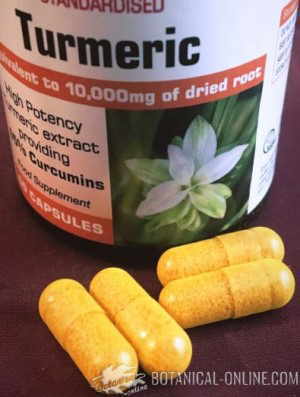
It is recommended to buy turmeric properly packaged, with a label showing the batch number, the expiration date and the name of the manufacturing company. You must read the composition and check that turmeric is the first ingredient named (ingredients are named from highest to lowest amount). In addition, the amount of active ingredient in the supplement (curcuminoids) must be read on the label.
What dosage do I need for turmeric to be effective?
The recommended dose will depend on the purpose of the treatment. Depending on the person and their pathology, one type or another of turmeric supplement is indicated. In these cases, professional advice is always recommended:
- The minimum curcuminoid dose for treatments should be approximately 20-40 mg of curcuminoids. These amounts can be achieved with the use of turmeric powder, which normally contains between 4 and 6% curcuminoids (active ingredients).
- In anti-inflammatory treatments and diseases such as cancer, the amount of turmeric that is recommended is at least the ingestion of supplements with 200 – 500 mg of curcuminoids per dose. These amounts cannot be assumed by diet and supplementation is necessary.
It is recommended to check on the labels of the supplements how much turmeric and, above all, curcuminoids (active principle) contain. Also, remember that it is recommended to consume together with black pepper, since its piperine (active ingredient in pepper) increases the absorption of curcuminoids in turmeric.
Cook regularly with turmeric
The best way to take turmeric is by cooking with it, using it regularly or daily in food as a spice, added to recipes.
For this it is important to add the turmeric at the end of cooking, for example, 1 minute before turning off the heat. Cooking harms curcuminoids, the active ingredients in turmeric. It has been calculated that in 15-30 minutes of cooking, more than 80% of curcuminoids are lost.
Maximum recommended dose in capsules
If supplements with turmeric extract are used, it is recommended not to exceed 1.2g of curcumin or curcuminoids per day, the active ingredient (see package directions).
Is turmeric powder the same as in tablets?
- Turmeric tablets are usually prepared from extract and therefore should contain a higher concentration of active ingredients. However, it must be confirmed on the label (see how much curcumin or curcuminoids it contains).
- Turmeric powder that is used for cooking has properties, although less concentration of active ingredients and therefore a milder effect than supplements. In case of illnesses, the use of supplements is more advisable.
- Although it has a fairly neutral taste, the option for people who do not like cooking with turmeric is sometimes recommended to buy empty capsules at the pharmacy and fill them with turmeric and a little black pepper (1 pinch of pepper, per 1 teaspoon of turmeric). However, this is not the same as taking turmeric tablets.
How long can the supplement be taken?
There is no restriction on the duration of treatment, you should always consult a doctor, especially when the symptoms do not disappear, if they become chronic, or if they worsen.
![]() More information on turmeric
More information on turmeric


